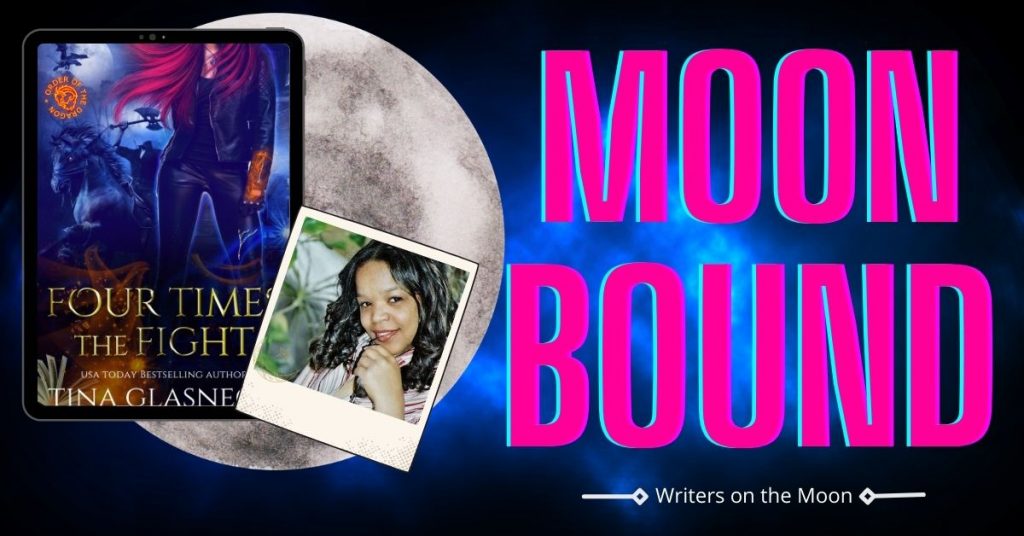How NASA inspired an 80s kid to dream big

I’m an 80s kid. We were raised with an overwhelming appreciation for NASA, Space and practically fine-tuned to the heavens’ celestial dance above.
I grew up between Star Trek and Star Wars, with Space Camp movies and the possibility of attending NASA’s space camp. Indeed, we even spent hours contemplating what we’d do if we were ever “Lost in Space” or found an alien, like “ET,” to return home.
Space was the magical equivalent of the metaphysical. While fantasy draws from the Earth, with its tales of fantastical reaches of herbs, crystals, and bohemian chic dressing (I’m looking at you “Hocus Pocus”), the mysteries of Space were something pushed by those in charge.
I can still remember Presidential speeches about the importance of space travel.
Man has looked up to the sky for millennia in search of meaning and connection. Others have sought to tell the future and past according to the celestial dance. With Perseverance, the Mars Rover’s recent landing, we’ve entered a new era of space achievement.
NASA formed? How did we get here?
In response to Russia’s launch of Sputnik into Orbit, the United States officially formed NASA, starting the space race.
The strides we’ve taken to arrive in Space are extraordinary. Before Neil Armstrong walked on the Moon, in 1958, NASA officially launched Project Mercury. In the middle of the cold war with Russia, America searched for the best test pilots to lead the first-of-its-kind mission.
NASA’s project Mercury 7’s mission: ensure that humankind could survive in orbit.
“If there is one thing I’ve learned in my years on this planet, it’s that the happiest and most fulfilled people I’ve known are those who devoted themselves to something bigger and more profound than merely their own self-interest…”
John Glenn, NASA Astronaut, Project Mercury
As one of the authors involved in the Writers on the Moon project, I am humbly aware of how this experience might be the pinnacle of my entire existence.
Space
I’ve looked to the Moon for decades. The Moon’s beauty has soothed me, worked its magic where I no longer felt lost in the Cosmos of time. Under her beauty and the shimmering glow of the shimmering stars, I take heart in knowing that a part of me will be there, in the lunar time capsule, for future generations.
The gravity of the situation also rests on my shoulders. To know what an honor this indeed is—for the history, my family, for me. This spark of being part of the first mission is all extraordinary.
Life has changed. In what was previously a time of hopelessness, hope has returned. Shifting in a time of stillness, and magic in a time when faith was sometimes fleeting.
I am #54 on the Manifest for the Writers on the Moon payload, and the countdown is on! This week, the payload was shipped off to Astrobotics.
So, what does that mean?
As part of the Writers on the Moon project in the first commercial payload, my books will join the Astrobotic’s Peregrine Mission 1 on the United Launch Alliance’s Vulcan Centaur rocket. Blue Origin, founded by Jeff Bezos, current Amazon CEO, supplies the flight’s rocket engines. With an updated, projected launch of late 2021, the payload will be delivered to Lacus Mortis, on the Moon for future anthropologists and generations.
Since I write fantasy, I am happy to take the Norse gods with me in my catalog, including the debonair Loki.
By all current projections for the next project on which I am working, I expect Loki to play a role in the upcoming novel, Four Times the Fight, releasing at the end of March.
Loki has a piece of my heart, and I can’t wait to share the next part of his adventure with you.
Want to know why I love Norse mythology? Check out the prior blog here.
Writers on the Moon is also onboard the Lunar Codex.

